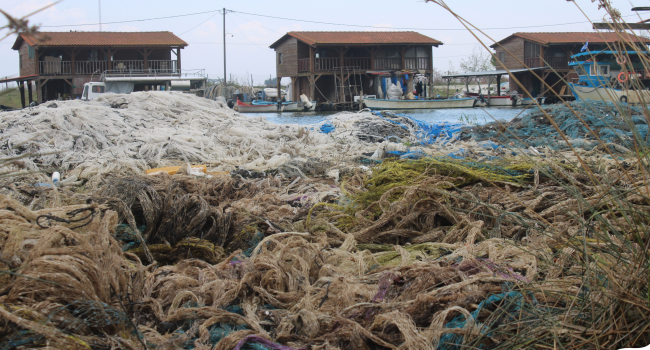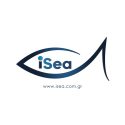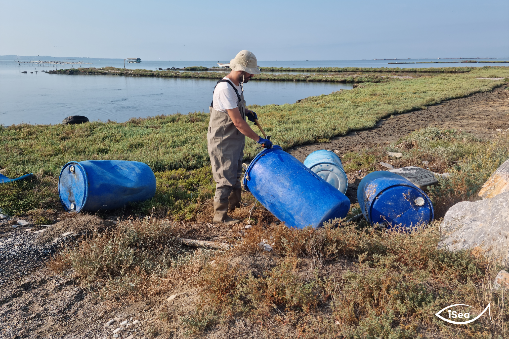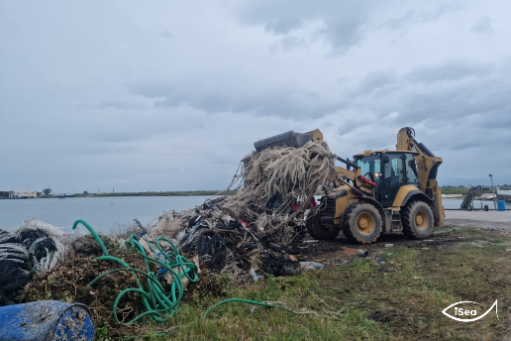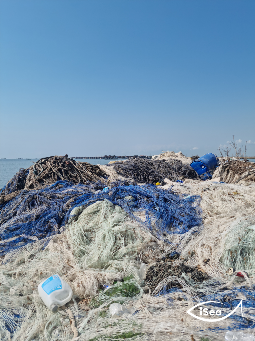Preventing and mitigating litter from mussel farming in the Thermaikos Gulf
Waste related to fishing and mussel farming, such as plastic mussel nets, ropes and cords, and barrels, is among the most abundant waste in the wider Thermaikos Gulf area.
The project aimed to mobilise local mussel farming stakeholders in the Thermaikos Gulf to improve the collection and management of waste generated by this activity, while deepening understanding of aquaculture practices to identify more sustainable and environmentally friendly solutions.
- Mobilisation of local stakeholders: round table and individual meetings with mussel farmers and fishermen to understand practices and identify needs and collection point locations.
- Organisation of waste collection: formalisation of existing collection points, establishment of regular collection with municipalities, transport and treatment of 25 tonnes of waste.
- Installation of additional bins: two strategic sites equipped for mussel farmers and visitors, although the bins are not differentiated.
- Management of mussel cultivation barrels: collection of 111 barrels, 9 of which were reused and the rest recycled, with awareness-raising among fishermen on reuse and storage.
- Exploration of sustainable alternatives: study of alternative materials for nets and ropes, with a focus on cost and sustainability.
- Documentation and awareness raising: creation of a guide to mussel farming detailing methods and issues to support waste reduction, available online and shareable via the BeMed library.
